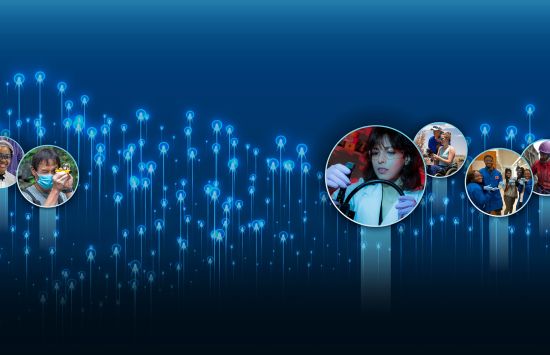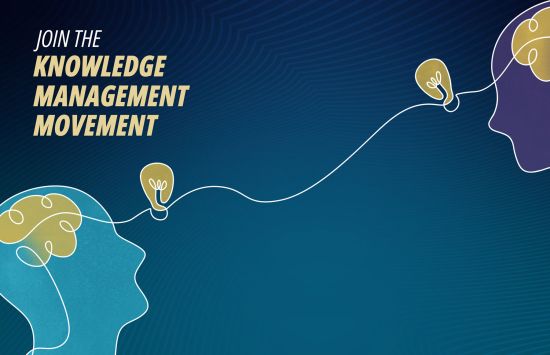
Integrative Activities
OIA's Integrative Activities (IA) section provides sustained strategic investments and coordination for programs that support research across NSF, including academic research infrastructure and instrumentation programs (NSF Major Research Instrumentation and NSF Mid-scale Research Infrasturcture-1) and crosscutting, collaborative research programs (NSF Growing Convergence Research and NSF Science and Technology Centers). The IA section also provides support for other important NSF-wide functions, such as knowledge-sharing among stewards of awards made to the National Academies of Sciences, Engineering and Medicine, and fosters other agency activities, such as supporting and expanding NSF's Alan T. Waterman and National Medal of Science honorary award programs.
IA supports the agency through policy analysis and special projects that address agency priorities, and plays a leadership role, in close partnership with other NSF directorates and offices, in improving the agency's management practices and promoting unity and alignment in support of its mission.

Research Capacity and Competitiveness
OIA's Research Capacity and Competitiveness (RCC) section supports the development and enhancement of STEM research capacity by helping individuals, teams, institutions and states develop the ability to perform research effectively, efficiently and in a sustainable manner. RCC provides a pathway for exploring ideas that are intellectually risky and potentially transformative in scientific and societal impact, while also developing capacity for an integrated and engaged research enterprise. RCC is home to NSF Established Program to Stimulate Competitive Research.

Evaluation and Assessment Capability
OIA's Evaluation and Assessment Capability (EAC) section studies how NSF programs and activities benefit and impact participants, aiding in decision-making about future NSF investments. EAC also provides centralized resources and guidance for data collection, analysis, evaluation design, surveys and enterprise analytics. EAC engages stakeholders in identifying learning priorities which drive a broad portfolio of projects that use qualitative and quantitative methods, from simple descriptive analysis to advances in modeling, network analysis and machine learning.

Knowledge management
OIA's knowledge management team analyzes frameworks within NSF to suggest enhancements that will ultimately lead to a culture of knowledge-sharing that endures through the passage of time and employee turnover. The team initiates various strategies such as managing internal policies, conducting "lunch-and-learn" sessions, organizing listening sessions and carrying out interviews with departing staff to extract valuable insights. Their primary objective is to foster a mindset within the agency that values continuous knowledge-sharing, ensures easy access to information and encourages collaboration among all NSF staff.


